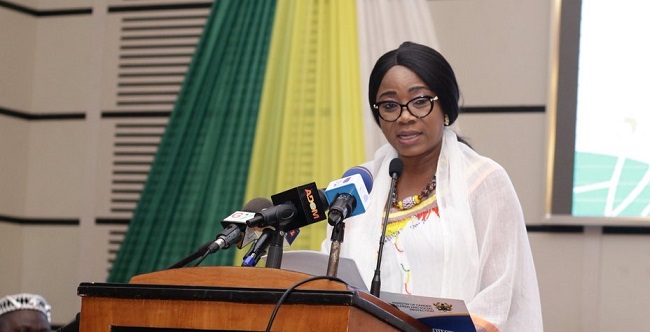Drug abuse is a significant threat to security, health, rule of law and sustainable development in Africa, an African Union (AU) official has said.

Jane Marie Ongolo, head of the Social Welfare Division at the AU Commission, said that Africa is faced with many problems lately because it has become a major transit route in the global trade in narcotics.
“This trend is now resulting in complex and shifting networks of insurgency, local and regional politics and organised crime including corruption and terrorism,” she said at the International Conference on Drug Demand Reduction in Nairobi, Kenya.
Ongolo observed that even though consumption of psycho-active substances is an age-old practice in Africa for medical, ceremonial or recreational purposes, it has been complicated by recent role of as transit region for hard drugs.
She noted that treatment of the drug users is often a very costly affair that only exists in few existing private up market facilities adding current initiatives is far below the expectations.
“Only on in 18 drug users in Africa have access to treatment services compared to one in six global figures,” she said.
She said that inclusion of drug users as beneficiaries of national social protection programmes remain a gap continent wide.
Ongolo observed that experts from African states noticed substantial increase in illicit drugs use in Sub-Saharan Africa (SSA) after 2005.
“Cocaine use is high in West, Central and Southern Africa while heroin consumption is popular along the East African coast – Kenya, Mauritius, Seychelles and the United Republic of Tanzania,” she added.
She said that the East African region remains a significant entry point for heroin in Africa, both as destination and transit area from South, West and East Asia.
In this region, she said heroin is cheap and highly addictive, afflicts mainly the poor – an alarming trend of injecting heroin use.
The official revealed that the AU’s plan of action on drug control and crime prevention (2013-2017-2019), a comprehensive framework to guide drug policy development in the continent, intended for Member States to galvanise national, regional and international cooperation to counter the drug, is being reviewed.
She observed that the review is taking into consideration the United Nations General Assembly (UNGASS) outcome document, Sustainable Development Goals (SDGs), and the AU agenda 2063.
“There is increased political commitment by the AU member states to preventing an upsurge in illicit drug use and dependence-golden opportunity to pursue the correct way to do it,” she added.
She noted that by investing in drug treatment cuts crime, saves money, promotes better public health outcomes.
“The end result is to help individuals achieve stable, long-term recovery and become productive members of society, and to eliminate the public health, public safety, and economic consequences associated with addiction,” she added.By Duncan Mboayh
